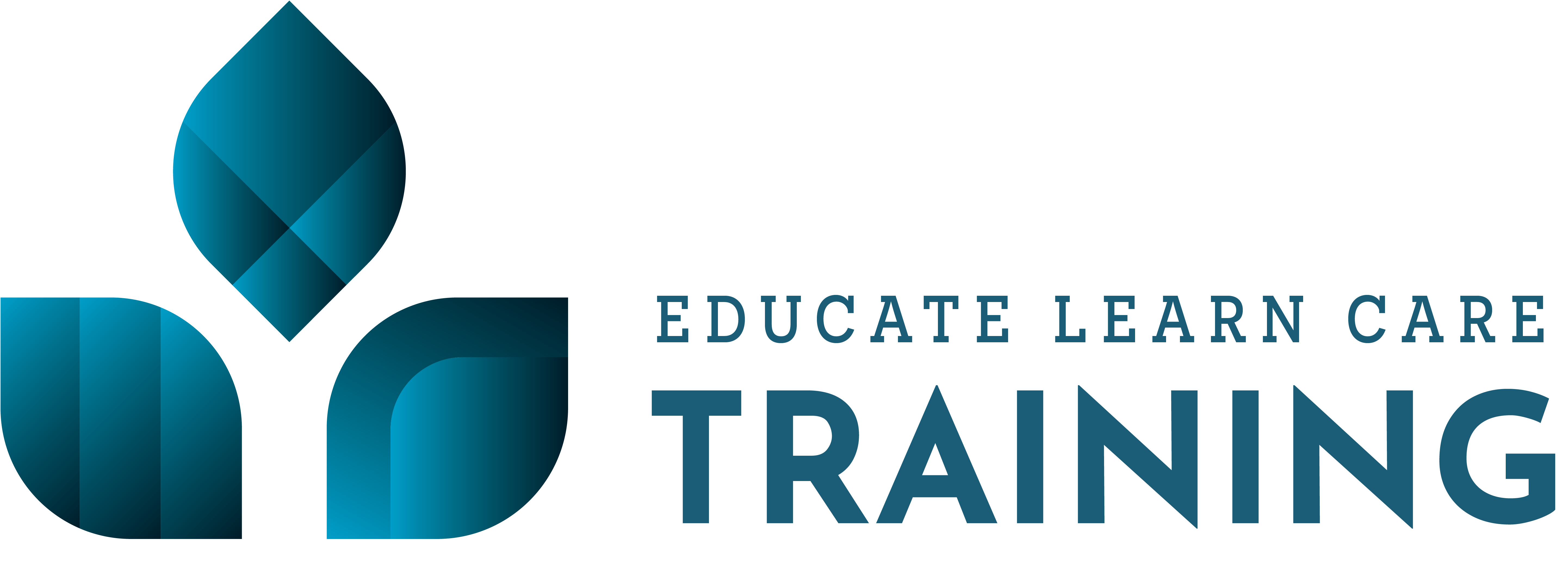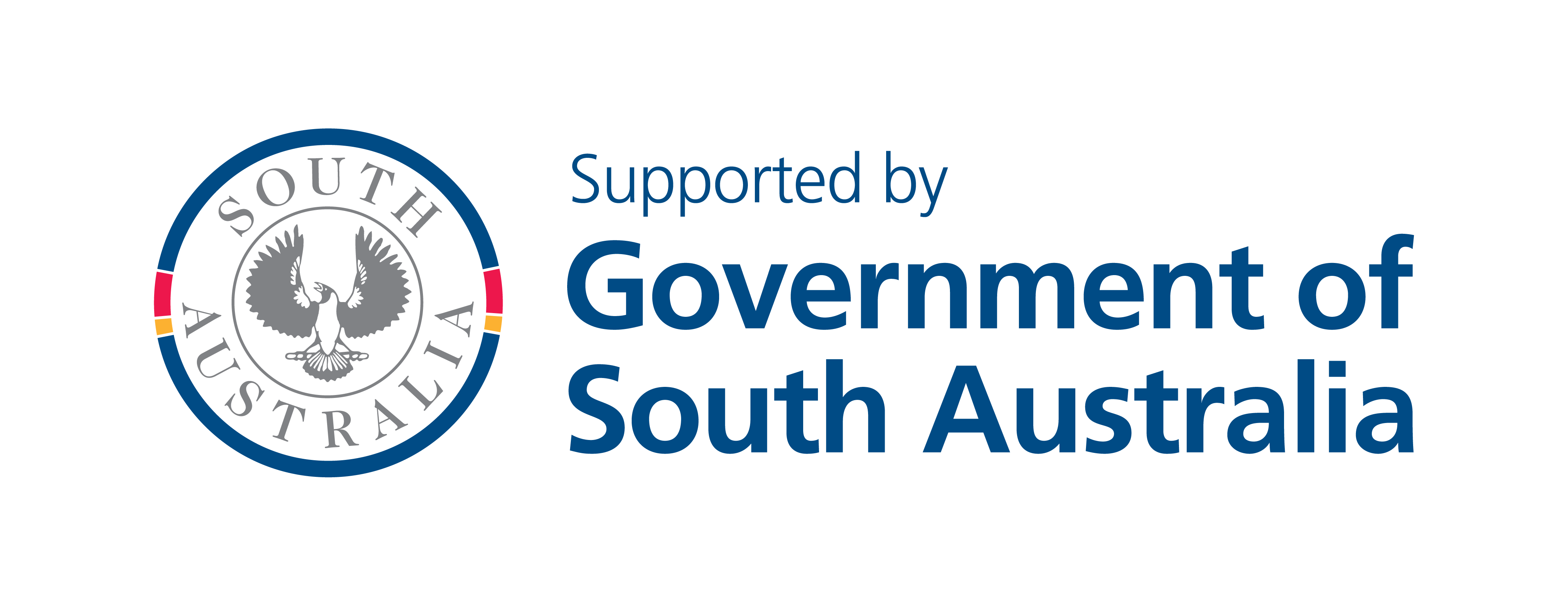Importance of Songs in Early Childhood Education
Songs are an integral part of Early Childhood Education and Care (ECEC) across Australia. Educators incorporate songs into daily routines such as group times or use them as a soothing tool for children. Music has a calming effect and conveys information through rhythm, beat, and actions. Additionally, songs offer inclusivity by incorporating different languages and AUSLAN (Australian Sign Language). This use of rhythm and actions supports literacy and numeracy, helping children engage visually and audibly. Research shows that exposure to songs, whether one-on-one or in group settings, promotes sensory development in children.
Nursery Songs in Early Childhood Education
Nursery songs serve as a comforting aid for babies and young children, especially during nap times or transitions. Softly sung lullabies like “Twinkle Twinkle Little Star” or “Baa Baa Black Sheep” can help soothe unsettled children. At other times, energetic songs like “Open, Shut Them” or “Incy Wincy Spider” encourage children to join in and express themselves. Action songs in particular promote fine and gross motor skills, hand-eye coordination, and cognitive development. Rhymes introduce new words in a fun, memorable way, helping babies and toddlers grasp language and express themselves through movement.
Toddler Songs for Social and Language Development
Singing songs with toddlers fosters social skills and cooperation in group settings. Even children who are shy or reluctant to participate still benefit from the sense of belonging and inclusion in group singing sessions. Songs that involve repetition, like “Wheels on the Bus” and “Old MacDonald,” enhance language development by reinforcing new words and phrases. Props, such as puppets or visuals, add fun and support turn-taking, further helping toddlers develop emotional regulation. Songs become a tool for teaching toddlers how to follow instructions, boosting their listening skills and fluency in language.
Kindergarten Songs for Cognitive Growth and Creativity
For kindergarten-aged children, songs help enhance language development, memory, and cognitive skills. The repetition and patterns found in songs teach children to anticipate what comes next, fostering pattern recognition. Fun songs like “We’re Going on a Bear Hunt” and “Hokey Pokey” encourage children to move, express themselves, and follow instructions, all while improving fine and gross motor skills. These group singing experiences build confidence and self-esteem as children gain the ability to recall words and actions while engaging creatively with their peers.
Incorporating Songs Into Daily Routines
Songs are a powerful tool in daily routines, providing structure and predictability for children. Welcome songs, pack-up songs, and goodbye songs help children understand transitions and feel secure in their environment. Soothing music during nap times or nappy changes helps regulate emotions. As children grow and develop their language skills, they may even request their favourite songs, fostering a deeper bond with their educators. Educators can personalise songs to reflect daily routines or include children’s names, creating a sense of belonging and emotional security.
Singing in early childhood education is much more than fun—it’s a vital part of a child’s development. Songs support language acquisition, social skills, motor development, and emotional regulation. By incorporating a variety of songs and rhythms into daily routines, educators create an inclusive, engaging, and developmental environment that benefits every child.
Christine.
Resources
Group Time Songs
Benefits of Action Songs
Four Benefits of Singing in Early Childhood
Music Experiences for Young Children in Childcare





